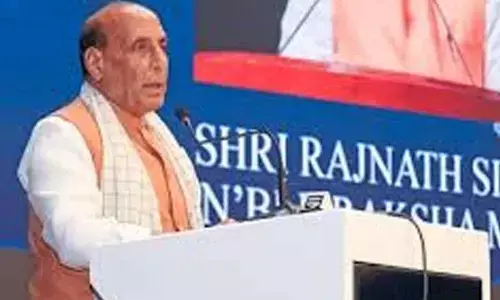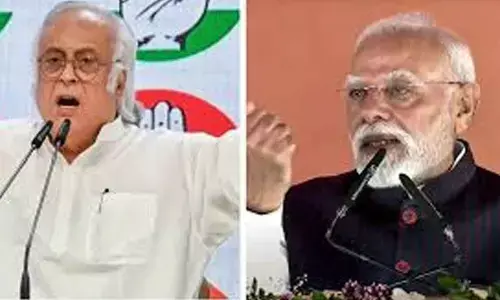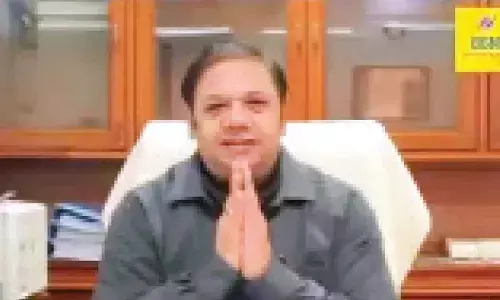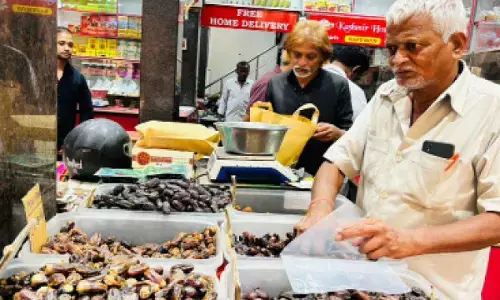Threat from invasive pests at alarming level: Experts
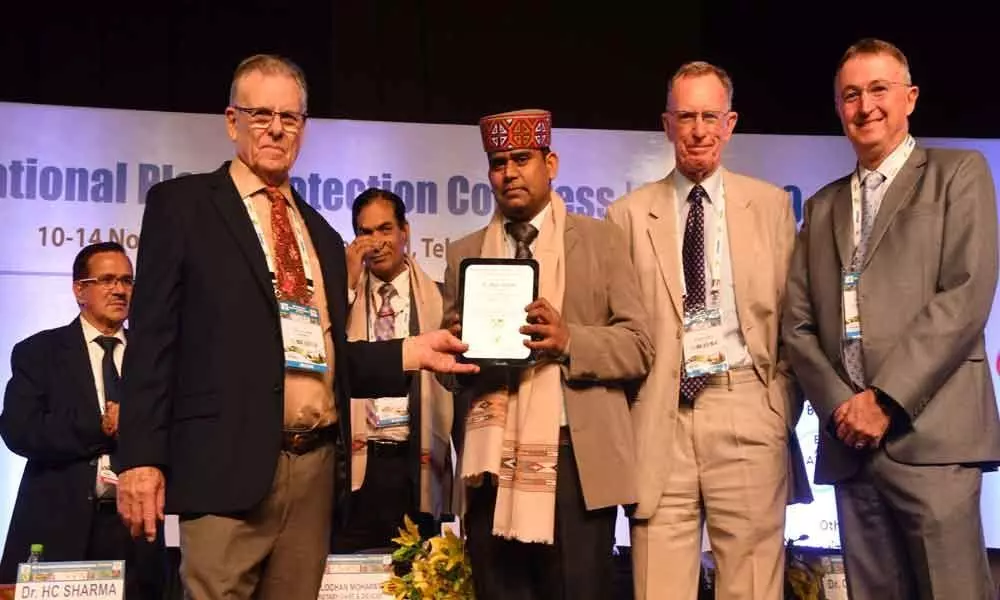
Climate change makes the challenge of crop protection highly formidable, according to Dr Trilochan Mohapatra, the Director General of Indian Council of Agricultural Research (ICAR).
Madhapur: Climate change makes the challenge of crop protection highly formidable, according to Dr Trilochan Mohapatra, the Director General of Indian Council of Agricultural Research (ICAR). He called for a "global plan" for "global pests" like Fallarmyworm at the inaugural of the 19th International Plant Protection Congress (IPPC), which is being held for the first time in India.
"A segmented approach to tackling global pests will not work. We need a global plan. Integrated pest management approach has helped us increase yields thus far. We also need to further explore biological control mechanisms, enhance surveillance and monitoring, and exhaustively screen our crop germplasm for host resistance," Dr Mohapatra said during the inaugural on Sunday.
The congress is convened by the International Association for the Plant Protection Sciences (IAPPS) every four years and this year it is being organized by ICRISAT and Crop Protection Societies in India. IPPC2019 is themed 'Crop Protection to Outsmart Climate Change for Food Security & Environmental Conservation'. Around 750 delegates from over 55 countries are deliberating on plant protection in the face of climate change.
Globally, insect pests, diseases and weeds result in 35-40% loss in crop yields, valued at over $250 billion, despite application of pesticides costing nearly $35 billion annually. In general, pest-associated losses vary from 13.8% to 35.8%, which at times reach 100% during outbreaks. Invasive weeds, insect pests, diseases and nematodes are likely to become more serious under global warming and climate change.
Speaking about the Indian approach to tackling pests, including recent invasions by Fall armyworm, Dr Mohapatra stressed the importance of biocontrol measures, saying that there is a need to balance pesticide use with natural methods of plant protection. He said the Fallarmyworm had spread from one state to 18 states since it entered India, prompting the Indian government to launch a comprehensive approach to tackling it. This has led to identification of natural enemies to the pest in some areas where pesticides were not used.
Dr Mohapatra also mentioned that the Indian government is in the final stages of formulating guidelines for nano-pesticides and nano-fertilisers. He urged increased researchers to identify resistance traits in crops, while stating that for many pests and diseases, sources of host plant resistance, in both cultivated and wild relatives of crops, have not been exhausted. "Pests continue to evolve and diseases that were not seen before are being reported under changing climate conditions. We need to continuously deploy efforts to protect crops for food security," he said.
Dr Peter Carberry, the Director General of ICRISAT, spoke about pest invasions due to climate change factors like increasing temperature and changes in precipitation patterns. "Blast in pearl millet was not known about 10 years ago. Often, when we do crop modelling exercises we do not account biotic stresses to crops. But it is because of efforts of crop protection experts that those models work fairly well," he said.




